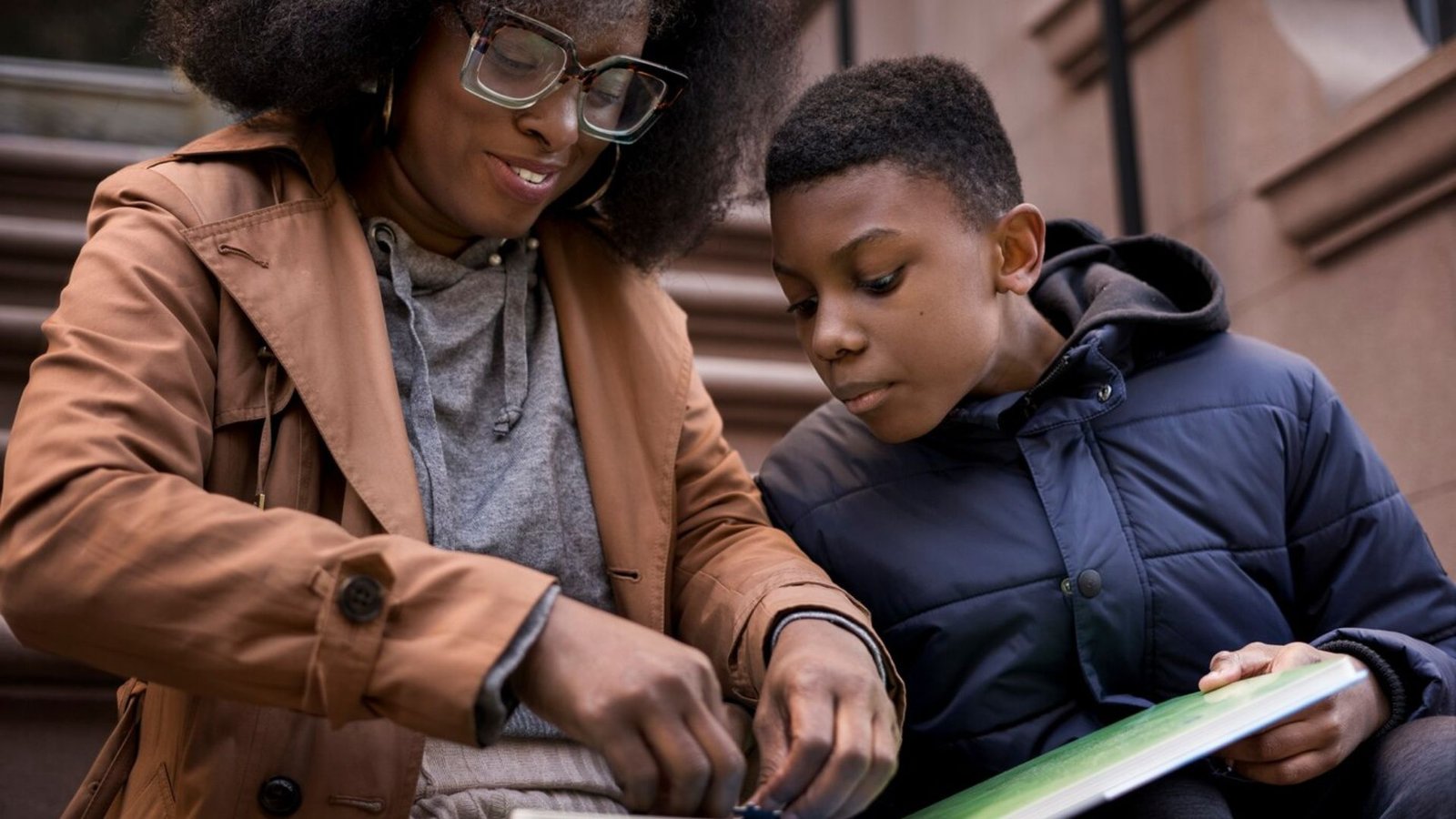|
Getting your Trinity Audio player ready...
|
Fostering humanity justice in educational institutions is a nuanced and multifaceted endeavor that extends far beyond the conventional realms of academic pursuits. At its core, this commitment requires a deliberate focus on shaping the moral and ethical foundation of students, equipping them with the tools to navigate the complexities of a diverse and interconnected world. This transformative journey within schools involves a careful examination of strategies that actively promote inclusivity, equity, and the cultivation of a profound sense of shared humanity among students. In pursuit of inclusivity, educational institutions must prioritize creating curricula that not only acknowledge but celebrate the diverse cultural backgrounds of their student body. A rich and inclusive curriculum becomes the foundation for an environment where every student feels seen, valued, and represented. Additionally, the composition of the teaching staff plays a pivotal role in shaping the educational experience.
Understanding Humanity Justice in Education
Humanity justice in educational institutions transcends traditional disciplinary approaches, embodying a commitment to establishing an environment where every student is not merely a participant but a valued and integral member of the educational community. At its core, this concept involves a transformative shift away from punitive measures toward a holistic understanding of students’ diverse experiences and backgrounds. It requires a conscious effort to dismantle systemic barriers that perpetuate inequality within the educational system. Embracing humanity and justice means fostering an inclusive culture that recognizes, celebrates, and addresses the unique needs of each student. This approach sets the stage for a learning environment where diversity is not only acknowledged but actively integrated into the educational fabric, promoting a sense of belonging and empowerment among all students.
Creating Inclusive Curricula
Humanity justice in educational institutions is profoundly influenced by the content and structure of curricula. One cornerstone of this pursuit involves the intentional development of educational materials that authentically reflect the diversity of human experiences. Inclusive curricula extend beyond the mere acknowledgement of different cultural perspectives; they actively incorporate content that resonates with the lived experiences of students from various backgrounds. By infusing diversity into curricular frameworks, educational institutions enrich the learning experience, providing students with a more comprehensive and relatable understanding of the world. Beyond academic enrichment, inclusive curricula play a pivotal role in fostering empathy and understanding among students, breaking down stereotypes, and cultivating a sense of shared humanity. This approach empowers students to appreciate the richness of human experiences and perspectives, contributing to a more inclusive and equitable educational environment.

Promoting Diversity in Teaching Staff
Institutions committed to humanity justice recognize the impact of representation. A diverse teaching staff brings a range of perspectives into the classroom, offering students role models from various backgrounds. This diversity not only challenges stereotypes but also validates students’ experiences, creating an environment where they feel their perspectives are acknowledged.
Implementing Restorative Justice Practices
Traditional disciplinary measures often focus on punishment rather than rehabilitation. Restorative justice practices, on the other hand, prioritize understanding and addressing the root causes of behavioural issues. Creating spaces for dialogue, reflection, and resolution allows students to learn from their mistakes while fostering a sense of responsibility and accountability.
Cultivating Empathy through Service Learning
Humanity justice extends beyond the classroom, encouraging students to actively engage with their communities. Service-learning initiatives not only instill a sense of social responsibility but also provide students with real-world experiences that broaden their understanding of societal challenges.
Addressing Socioeconomic Disparities
Economic disparities can significantly impact a student’s ability to fully participate in educational opportunities. Schools committed to humanity and justice actively work to bridge these gaps, offering resources such as scholarships, mentorship programs, and extracurricular activities that ensure every student has the chance to thrive.
Fostering Inclusive Classroom Practices
A foundation of respect and understanding builds inclusive classrooms. Educators play a pivotal role in creating an environment where every student feels seen and heard. Implementing teaching strategies that cater to diverse learning styles, providing additional support when needed, and fostering a culture of mutual respect contribute to the cultivation of humanity and justice.
Encouraging Open Dialogue on Social Issues
Humanity justice involves preparing students to navigate the complexities of the world outside the classroom. Fostering open dialogue on social issues, current events, and matters of justice actively cultivates critical thinking and actively equips students with the tools to actively be informed, engaged citizens.
Empowering Student Advocacy
Humanity justice in educational institutions extends beyond curricular considerations; it involves empowering students to be proactive advocates for positive change. Schools play a pivotal role in fostering this empowerment by providing platforms for student-led initiatives, clubs, and events that focus on issues of justice, equality, and human rights. These initiatives not only serve as spaces for meaningful dialogue but also amplify the voices of students, allowing them to contribute actively to the shaping of a just and equitable school environment. Moreover, such opportunities nurture a sense of agency and responsibility among students, instilling in them the understanding that they can actively participate in creating positive transformations. By integrating these student-led efforts into the fabric of the school community, educational institutions not only endorse the principles of humanity and justice but also cultivate a generation of socially conscious and empowered individuals.
Conclusion
In conclusion, fostering humanity and justice in educational institutions requires a holistic and intentional approach. It involves reshaping not only the structural aspects of schooling but also the culture and ethos of learning environments. By embracing inclusivity, equity, and empathy, schools can become transformative spaces that prepare students not only for academic success but also for a lifetime of contributing to a more just and humane society.
You might also be interested in:
- Battling the Undercurrents of Bias
- Action for Social Justice
- Fighting inequality with Human Rights
- Creating a Safe Space for Youths Online

